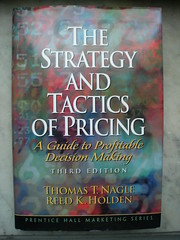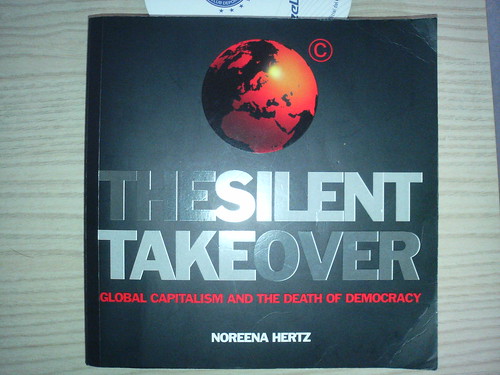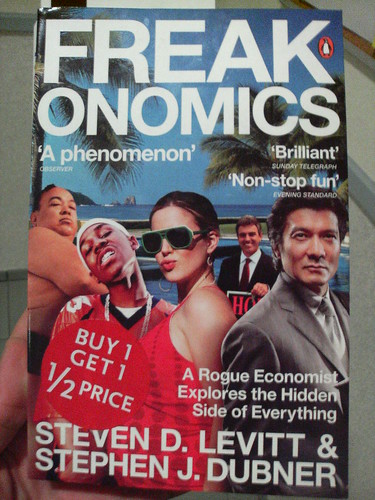Leonardo left a comment asking for more information about my relationship with books, and I'll be happy to comply.
It all started when I was in pre-school, where they taught me how to read. Even though I still remember it was rather difficult at first, when I discovered that I could satisfy my curiosity by reading instead of asking adults all the time I was hooked.
The first book I read from cover to cover was "The Wizard of Oz" (in Spanish, my English was not up to par back then). I was 5 years old. For a strange reason I never understood, many of the encyclopaedias and general reference books were in my room, and I started reading them. There was a collection by Time Life books on the sciences, which had a book each about machines, medicine, chemistry, mathematics, physics, etc. and another collection on ancient civilizations like the sumerians, the greeks, the egyptians, the mayas, etc… which meant that by the time it was turn to learn about those things in school, I would be seriously bored since I already knew the subject at that level. Some of my peers really disliked me because of that, and I learned to be very careful in my relationship with teachers.
When I was around 8 or 9, a neighbour who knew that one of my favourite subjects was astronomy gave me for my birthday a book by Carl Sagan: Comet. I was hooked, and read more volumes by the same author, such as Cosmos, Pale Blue Dot, Communication with Extraterrestrial Intelligence, Demon-haunted world, and others I can't remember.
I discovered science-fiction a little later, around the age of 13. I still have a few books by Isaac Asimov, such as the Foundation series, and since that was the time when they started publishing Star Wars books again, I started collecting them. I've also explored a little bit of fantasy (Discworld, Tolkien) and counterhistory (The Years of Rice and Salt).
I would still read anything crossing my path, and remember embarrassing people a couple of times. Once, when I was about 11, I was reading a magazine where they mentioned that Jack the Ripper killed prostitutes. Being young and innocent, I proceeded to ask loudly to my mom, who was paying the groceries at the supermarket, what did "prostitute" mean. Both the lady at the counter and mom reddened slightly, but when she answered, wisely, that "It's a woman who sells her body", I couldn't stop countering by wondering how did that work…
And no, I don't think I'm anywhere near a rennaissance man (thanks for the encouragement, though). For one, I know too little of many things. Furthermore, I have discovered I have no patience for creating original research. Finally, as much as I can appreciate certain forms of art, I am no artist. I can't draw, paint, take really beautiful pictures, create or perform music, act or anything like that, and my writing is not that great. Maybe I'll try working on that next.


